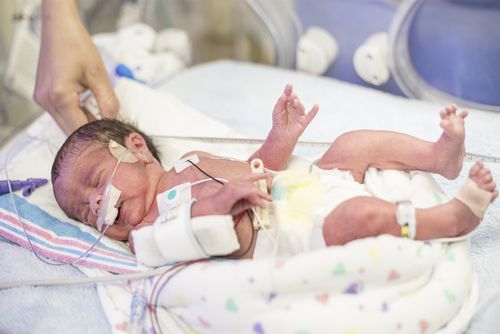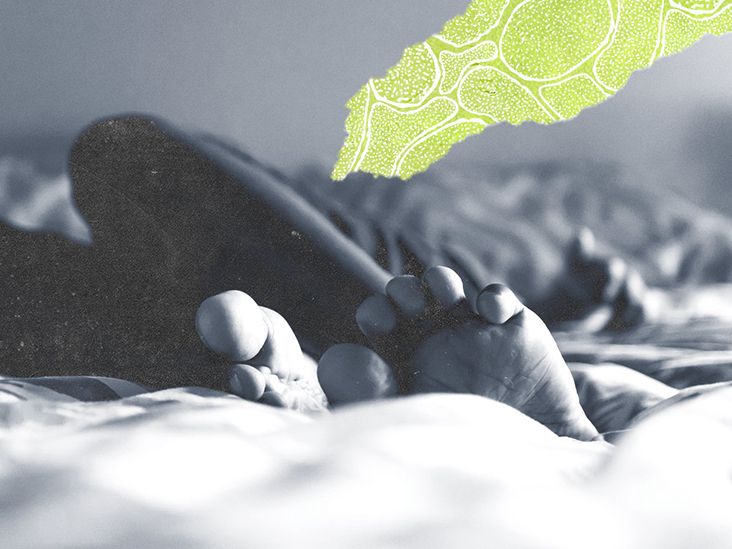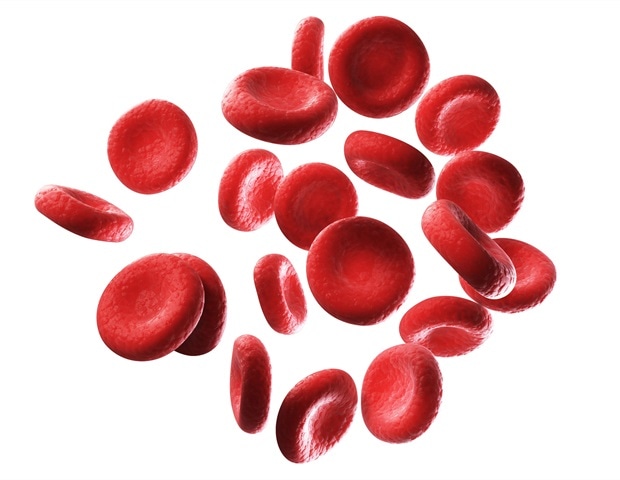For babies born with a rare immune deficiency, a unique new test to better target care

The results of this work are presented today in the medical journal Blood Advances published by the American Society of Hematology. Routine neonatal screening, although not yet available in Quebec, has led to an increase in the incidence of patients diagnosed with SCID in North America in recent years.
This syndrome, a group of rare hereditary genetic disorders, is characterized by a total absence of immune system function, including an absence of T-lymphocytes, the white blood cells that play a crucial role in the body’s immune defence. Without appropriate treatment, the disorder is fatal during the first months of life in the majority of cases.
Many of the genes involved in SCID have been identified, but clinicians sometimes come across patients who do not have any identified genetic abnormalities.
‘Don’t know the genetic cause’
“It’s very frustrating. In about seven per cent of patients, we can’t provide optimal care because we don’t know the genetic cause,” said Dr. Elie Haddad, a pediatric immunologist at CHU Sainte-Justine and expert in the field of SCID.
“Depending on the nature of the mutated gene, there are two treatments for SCID: either a bone marrow transplantation or a thymus transplantation,” said Haddad. “We still need to be able to identify the type of disease in order to choose the correct treatment option.”
The gene involved can either disrupt hematopoietic stem cells in the bone marrow that consequently cannot naturally become T-cells, or it can affect the function of the thymus. The thymus is an organ in which immature white blood cells from the bone marrow “learn” to become T-cells.
When doctors are unable to identify the real cause of the disorder, they usually turn to bone marrow transplantation. They do so for two reasons: first, transplants are easier to perform, and second, among the known genes, more are responsible for a dysfunction of the hematopoietic cells than for a malfunction of the thymus. However, knowing the origin of the disease is critical, because if it’s the thymus that’s not working properly, then the bone marrow transplant will have no effect, and vice versa.
“Given this clinical need, our goal was to create a functional test by taking a very small volume of peripheral blood rather than a bone marrow sample, which is a more complex process to perform in babies and more invasive than a simple blood test,” said Panojot Bifsha, first author of the study.
In the laboratory, a very small number of stem cells is isolated from patients using a limited amount of blood (3 to 5 mL). A test with a 3D culture that mimics the function of a human thymus is used to test this small number of cells, and a response is obtained in less than five weeks. If the results are normal, thymus transplantation is recommended, but if they are abnormal, then a bone marrow transplant is preferred.
‘A relatively quick response’
“Our 3D culture system is unique because it allows us to test a very small number of stem cells circulating in the blood and get a relatively quick response,” Haddad said. “We received blood samples from all over North America, which allowed us to validate our method.”
A similar study conducted with bone marrow samples at the U.S. National Institutes of Health (NIH) produced similar results, proving the reliability of the test developed at CHU Sainte-Justine from a blood sample. The U.S. study was also published today in Blood Advances.
As Quebec’s hub of care and research for children with rare or serious diseases, CHU Sainte-Justine strives to stay one step ahead in research niches for which it is famous, such as the genetics of rare diseases and innovative treatments in precision medicine.
Additional studies will be required to further validate the latest test and allow it to be used on more patients.
The research team is part of the Primary Immune Deficiency Treatment Consortium, which has 44 centres across North America. Funded by the National Institute of Allergy and Infectious Diseases (NIAID), the consortium aims to improve the treatment of immune deficiencies and accelerate the transfer of knowledge to the clinic. Dr. Haddad sits on the consortium’s steering committee and is co-author of the specific research protocol for SCID.
About the study
“Diagnostic Assay to Assist Clinical Decisions for Unclassified Severe Combined Immune Deficiency” was published in June 2020 in the journal Blood Advances. The principal author is Dr. Elie Haddad, clinician-researcher in pediatric immunology, head of the Immunology Division and of the Immune Diseases and Cancers Research Axis at CHU Sainte-Justine, and professor in the Department of Pediatrics, Faculty of Medicine, Université de Montréal. The first author is Panojot Bifsha, PhD, laboratory personnel member under the direction of Dr. Haddad. The study was funded by the Canadian Institutes of Health Research (CIHR) and the Bank of Montreal Research Chair in Pediatric Immunology and by NIAID.
About CHU Sainte-Justine
The Sainte-Justine university hospital centre (CHU Sainte-Justine) is the largest mother-child centre in Canada and the second largest pediatric hospital in North America. A member of the Université de Montréal extended network of excellence in healthcare (RUIS), Sainte-Justine has 5,457 employees, including 1,532 nurses and nursing assistants; 1,000 other healthcare professionals; 520 physicians, dentists and pharmacists; 822 residents; and more than 204 researchers, 411 volunteers and 4,416 interns and students in a wide range of disciplines. Sainte-Justine has 484 beds, including 67 at the Centre de réadaptation Marie Enfant, the only exclusively pediatric rehabilitation centre in Quebec. The World Health Organization has recognized CHU Sainte-Justine as a “health promoting hospital.”
link






